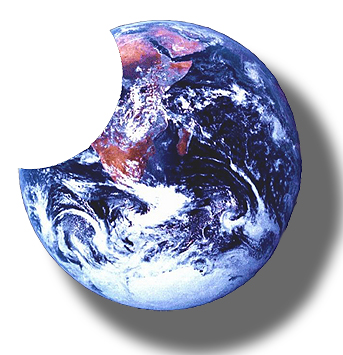 |
| Subscribe |
| New Recipes | |
|
Hot Date Pudding Apple crumble Recipe Creme Brulee |
| Pickled Recipes | |
|
Pickled Onions Pickled Jalapenos Pickled eggs Pickled beetroot Pickled Walnuts |
| Chutneys | |
|
Tomato Chutney Recipe Green Tomato Chutney Mango Chutney |
| Hot Recipes | |
|
Jacket Potato Recipe Beef stew & pearl barley Taboulli Woolton Pie Wassail punch recipe |
| How To's | |
|
How to clean a
tea pot Spot a fake Chanel Bag How to string Onions Grow onions from seed How to dig for victory Fennel from seed How to make a choice |
| Film and Video | |
|
Time lapse photography Make a time lapse film Wind chimes time lapse Gently Turning time lapse |
| Music |
What is a Dobro Choose a guitar slide Jacques Brel |
| Latest Blogs | ||
|
Population Growth. |
 |
|
Paul Ehrlich wrote a book The Population Bomb, in the late 1960s, when rapid population growth was arguably the number 1 threat to the planet's future. The belief then was that the end of the world could be prevented by strict birth controls. These views fell out favour after China’s one child policy and forced vasectomies in India. Population Decline forced by compulsion.These views fell out favour after China’s one child policy and forced vasectomies in India. The predictions he made of mass famines in his book also largely failed to materialize as well. Now this appears to be a popular topic again, but is this really an answer. Women across the poor world are having fewer babies than their mothers did - mostly out of choice, not compulsion
|
Half a century ago, the worldwide average for the number of children a woman had was between five and six. Now she has 2.6. In the face of such a fall it is hard to see what “doing something” about global population might achieve.
Most of the world is now giving out the same
results even with strong government policies in place.
The world's population currently stands at 6.8 billion, and it’s
increasing by 75 million a year. This is mostly due to the large
numbers of young women born in the 20th-century's worldwide baby
boom are still fertile.
They may typically only have two children each, but that is still a lot of babies. Soon, however, if fertility rates continue to decline, each generation of women will be smaller than the last.
Of course fertility rates may not continue to decline, but to date the evidence of countries that have got down to the replacement level is that they don't stick there, they carry on declining.
Even if the world population does stabilise soon and moves downwards, that won't solve the world's environmental problems. The real issue is not overpopulation but overconsumption - mostly in rich countries that have long since given up adding substantial numbers to their population.
Every time those of us in the rich world talk about too many babies in Africa or India, we are denying our own culpability. It is the world's consumption patterns we need to fix, not its reproductive habits.
The key problem facing humanity, is how to bring a better quality of life for 8 billion or more people without wrecking the environment entirely in the attempt
 |